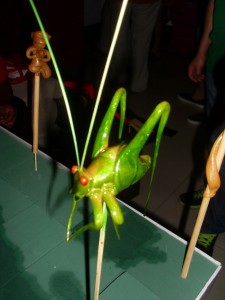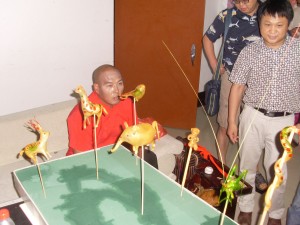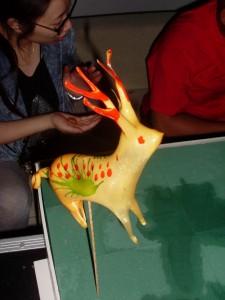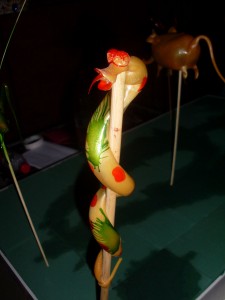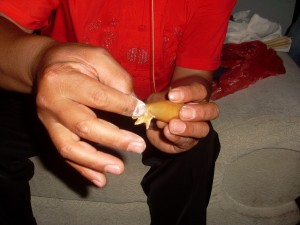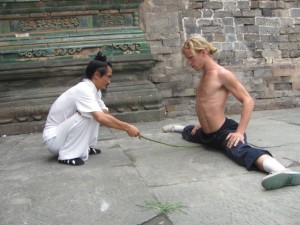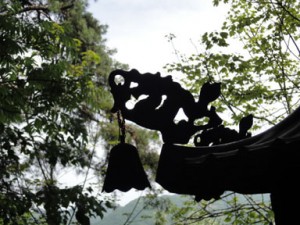 Wow, it’s been a long time since I wrote. Life and training have been moving forward at quite a pace of late, which gives me plenty to write about but less time to digest the material and get it down in words.
Wow, it’s been a long time since I wrote. Life and training have been moving forward at quite a pace of late, which gives me plenty to write about but less time to digest the material and get it down in words.
I was home in the US this winter, in Maryland for December and January, in New York City February and March. I missed more training than I would have liked, but I was busily trying to lay some groundwork for my more permanent return home in September of this year, so I needed a little more time.
I have written a lot about internal self defense, and I will write a lot more. Right now I am facing some fairly big changes and decisions, and talking with a lot of people about them. There is an essential ingredient in these discussions that I’d like to explicitly point out, an understanding without which internal self defense is crippled.
We do not experience our reality as an absolute; we interpret it. The interpretation happens very quickly, faster than the blink of an eye sometimes in the act of perception, but nonetheless we assign value to things that we experience. I won’t say we decide our emotional reactions, because it is generally not as cerebral as that, and indeed trying to intellectually change how you feel about a thing often just causes counterproductive strain. But our mental state, the health of our bodies, our habits of perception, “mood” one could say — these things can be changed, and can be used to change how the world impacts us on a fundamental level. Is the thing I am experiencing good or bad, proper or improper, fair or unfair, stressful or relaxing? The belief in our ability to change these value assessments independently of the experience that inspires them is a prerequisite to studying internal martial arts.
The antithesis of this is the belief that we see reality merely as it is, that there is a direct and unalterable sequence of cause and effect from stimulus to senses to brain to reaction. To believe this, reassuming the self-defense metaphor, is to believe that the enemy is already within the gates, and there is no possibility whatsoever for preserving ourselves from him. Most people I have met who think this way bear their lives and experience like a collection of scars that have never healed properly.
Others, however, are as perfectly content as they could wish. Acknowledging the malleability of our perception is not necessary to happiness. It would be wonderful to see the world always optimistically with no shadow of suspicion that there is any other way to see it. But for those of us who need to practice our internal self defense, there is no going forward without this basic premise.

